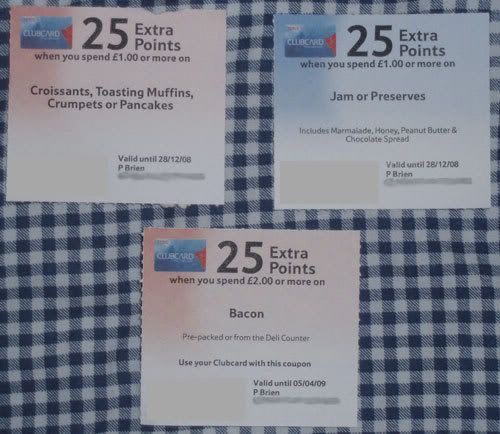The following is the complete text of an email that I just sent to the Home Office'sPolice feedback webpage (with links and formatting added for context). Don't know if it'll have any effect, but it's worth a try — I'll post any replies that I get here.
Hello,
I was walking through Enfield today and saw one of the new Policing Pledge posters, specifically the "Anything You Say May Be Taken Down And Used As Evidence" one. Now, I fully support the idea of the Policing Pledge — I think it's a great idea to get the public involved in this way, and opening a dialogue with people can only be a good thing. However, this particular campaign could very quickly descend into a public relations nightmare, for the following reasons.
First, selecting as your slogan a phrase which is only ever used when people are arrested is not exactly the best way to show that the police are on the side of the public. It immediately conjures up images of officers tackling people to the ground and snapping on the handcuffs, meaning that the very first impression that people take away is decidedly negative.
Secondly, once that image is in someone's head, they will immediately interpret "Anything You Say May Be Taken Down And Used As Evidence" as "Shut up, we don't tolerate dissent around here". Why? Because many of those who see it are going to mentally tack on the words "Against You" to the end of the slogan — I know I did. Coming on the heels of the ludicrously paranoid anti-terror posters that have gone up, suggesting that terrorist attacks can be deterred by people snooping on their neighbours and rummaging through their bins, you're helping to create a public image of repression, not openness.
Thirdly, using the style of the classic "Keep Calm And Carry On" poster is a very bad idea. If people were going to interpret your slogans as they were meant, then sure, it's a witty homage to the original poster. But given that a significant proportion of the public are going to interpret your intentions in the way I outlined above, it looks like you're co-opting something very laudable (dare I say, something deeply British) and turning it on its head, making its meaning "watch what you say and do, because we're after you". In the end, it looks like a sick parody of the original slogan, made by someone who read George Orwell's Nineteen Eighty-Four and thought "hey, these Thought Police guys have all the right ideas!"
I'm yet to have any personal experience with the police that wasn't thoroughly professional, which made it all the more jolting when I saw this poster. The fact that I had to come as far as your website to find out that actually, it wasn't a campaign aimed at terrifying me into mindless obedience, shows that something has gone terribly wrong in your public relations unit. Please try to rectify this rapidly, as I am absolutely sure I'm not the only person who is going to see it like this. As I said, the Policing Pledge is a good thing — I'd hate to see it ruined by a misjudgment like this.
Yours sincerely,
Philip Brien




